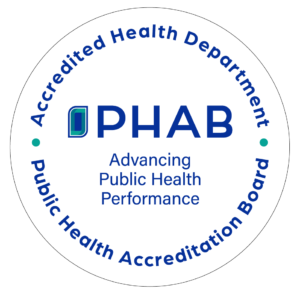ORIGINS: West Nile Virus is a type of virus that has been commonly found in humans, birds, and other
animals in Africa, Eastern Europe, and the Middle East. Until 1999 it had not previously been detected in the United States.
TRANSMISSION: West Nile Virus exists in nature through a transmission cycle involving mosquitoes and
birds. Mosquitoes become infected with West Nile Virus when they feed on infected birds, which may carry the virus in their blood for a few days. Infected mosquitoes can then transmit West Nile Virus to humans and animals when biting to take a blood meal.
SYMPTOMOLOGY: Most individuals infected with West Nile Virus will not have any symptoms or signs of
illness. People who do develop illness may experience mild symptoms such as low grade fever,
headache, body aches and occasionally a skin rash and swollen lymph glands. These symptoms generally
appear 3-15 days following the bite of an infected mosquito. Less than 1% of persons infected with the virus will experience a severe illness with symptoms such as high fever, neck stiffness, and stupor. Death, though rare, is a potential outcome of severe disease. People over 50 years of age are at greater risk of developing serious illness.
RISK REDUCTION: Maryland citizens can reduce their risk of becoming infected with West Nile Virus by
mosquitoe bites:
COMMON SENSE AVOIDING ACTIONS INCLUDE:1. Stay indoors at dawn or early in the evening.
2. Wear long sleeved shirts and long pants when outdoors.
3. Spray clothing with repellents containing permethrin or DEET since mosquitoes may bite through
thin clothing.
4. Apply insect repellent sparingly to exposed skin following package instructions. An effective
repellent will contain 30% DEET (N, N-diethyl-meta-toluamide). Higher concentrations of DEET do
not provide additional protection. Contact your local health care provider before applying DEET
products to children.
All questions concerning mosquito spraying operations should be directed to the
Maryland Department of Agriculture at (410) 841-5870. Any general questions
regarding West Nile Virus may be directed to the Vector Control Program at 410-
877-2300.


